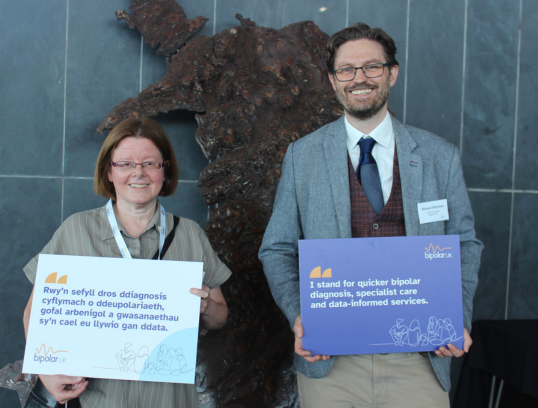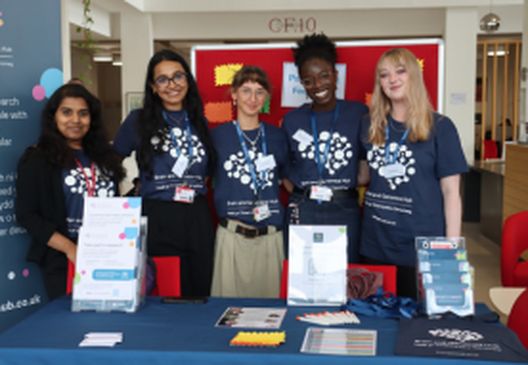
Research
Explore Bipolar UK's latest research initiatives, findings and collaborations, aimed at improving understanding, treatment and support for everyone affected by bipolar.
Research
Get involved in research
Help us to make a difference by joining our research community and exploring our current research opportunities.
Whether you live with bipolar or you support someone with bipolar, we’d love for you to get involved.

Pioneering bipolar research
The Bipolar Commission
Find out about the Bipolar Commission, read our past reports and find out about our mission to reduce the risk of suicide and transform healthcare for people living with bipolar.
Find out more









